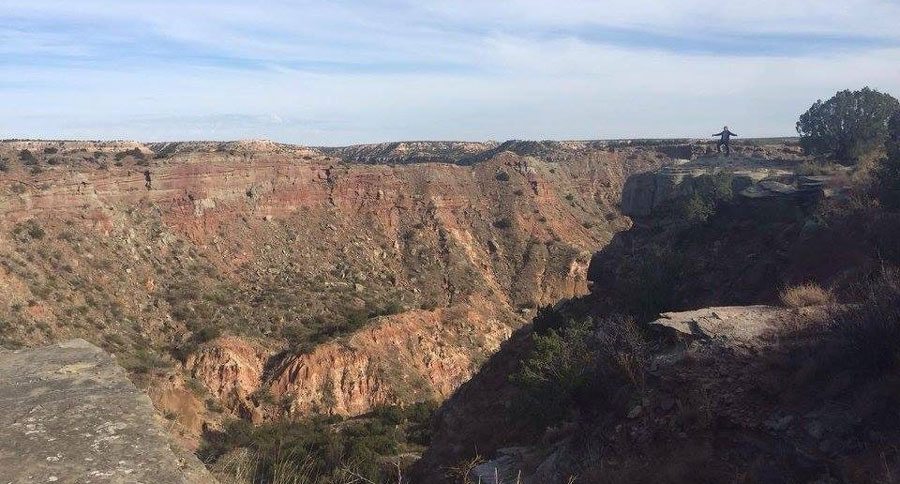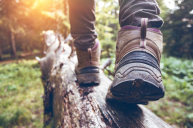Use these tips to stay safe and survive on your next (or your first) grueling hike.
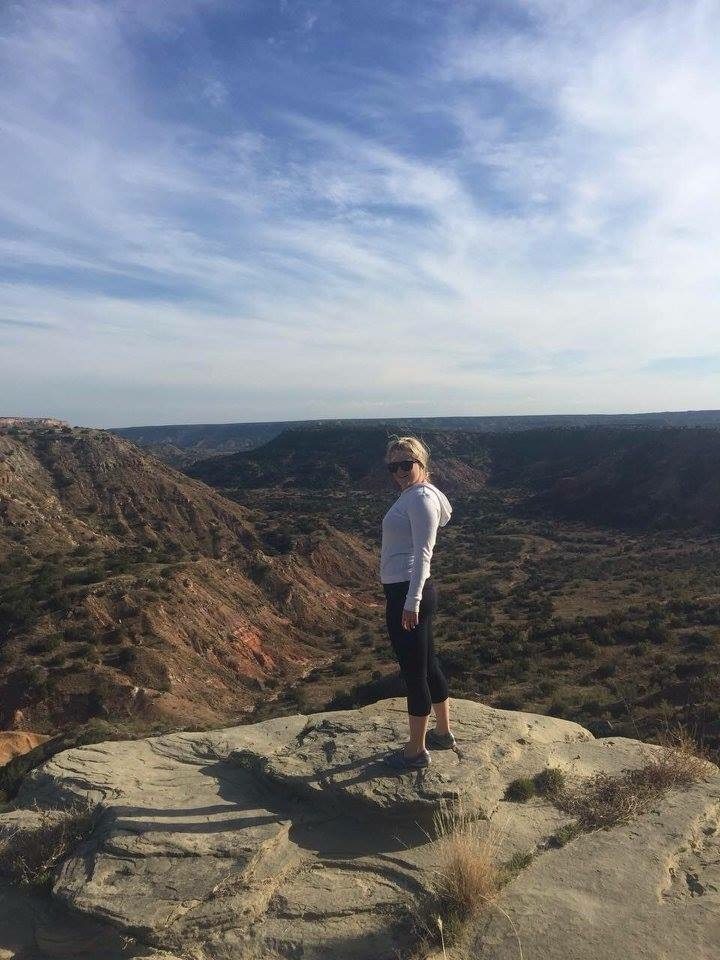
In today's fast-paced, high-stress society, more and more folks are seeking the nature escape to find solace and reprieve. Because of the equipment and licenses associated with hunting and fishing, many people choose hiking to satiate their outdoor appetite.
In part, hiking is an approachable hobby because it only requires a trail and a sense of adventure. However, to tackle more challenging, and often more rewarding hikes, there are some tips you need to know.
Bring more water than you think you need
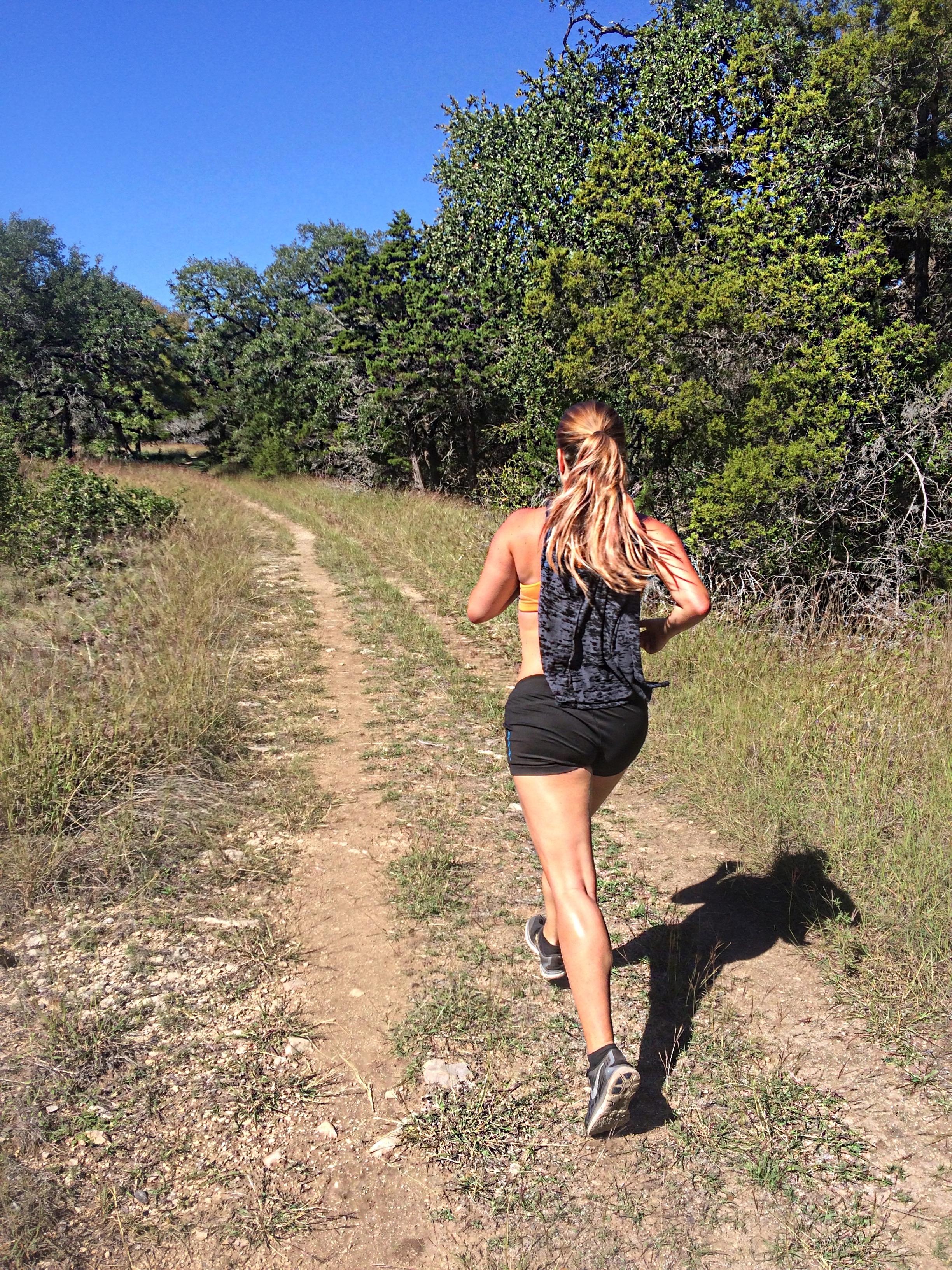
Embarking on a challenging trek? You'll need water and plenty of it. Always pack more than you think you'll need. And don't just lug it around all day. Drink it! Staying properly hydrated will help with both the physical and mental aspect of a tough hike. Ample water isn't just for desert hikes on hot days. Dehydration can strike in cold climates, too.
Always have proper footwear
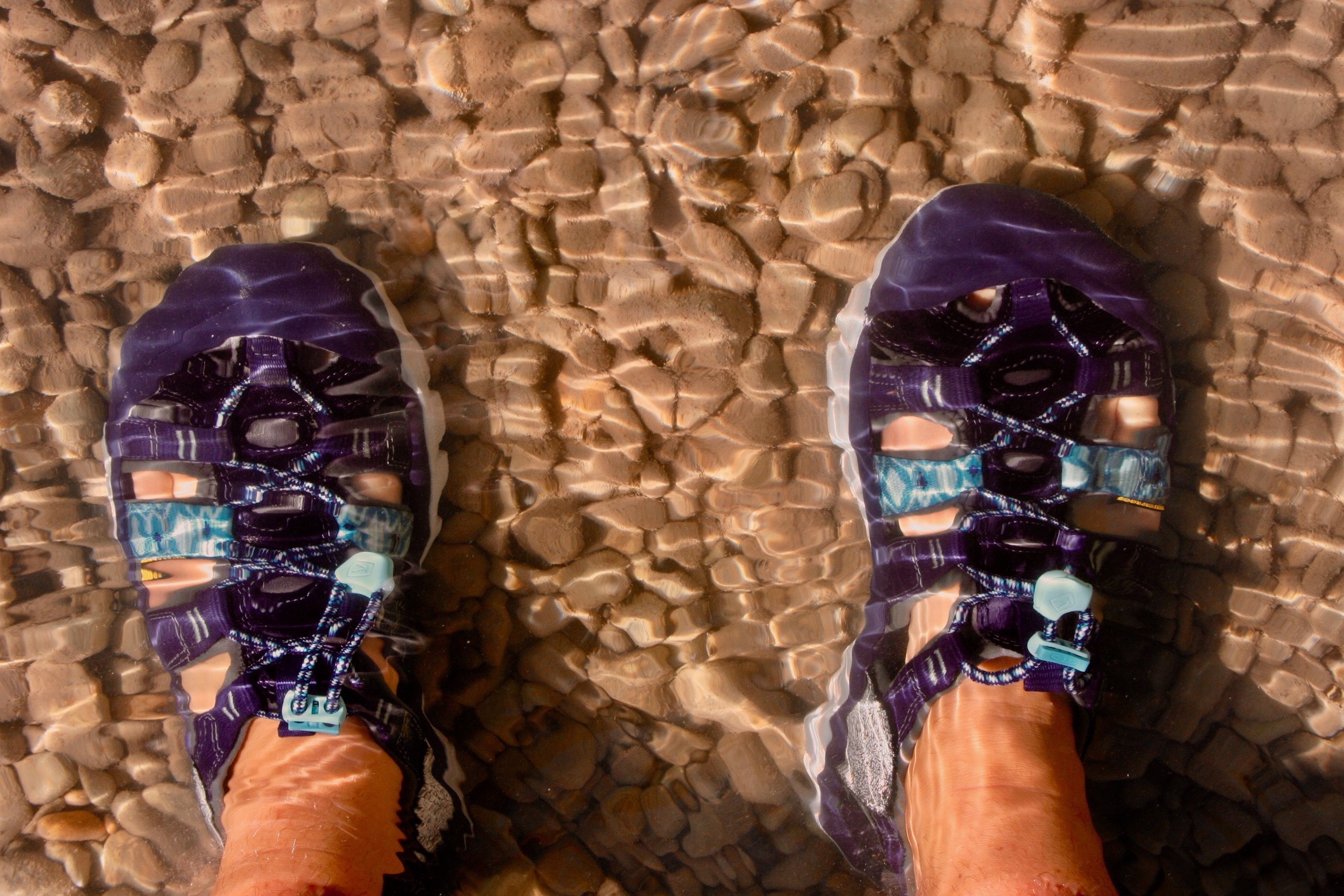
There isn't much in the way of "must have" equipment for hiking, but proper footwear is a huge exception. One of the most common mistakes that can derail a hike is having the wrong shoes for the occasion. If you'll be doing rock scrambles or steep slopes, make sure your shoes or boots have excellent grips. A hike that crosses creeks or rivers is best tackled with multi-purpose water shoes. And finally, if your trail is any further than the tent to the bathroom, make sure your footwear is comfortable and durable. Hiking is fun, blisters aren't.
Know before you go

Even the most spontaneous hike should include a little research beforehand. In order to be prepared, you have to know what to prepare for. Knowing weather forecasts, trail conditions, wildlife encounters and average hike times ahead of time is huge. This knowledge can help you cover some of the details you may have missed like packing that extra protein bar, or bringing along a poncho.
Take some safety precautions, just in case
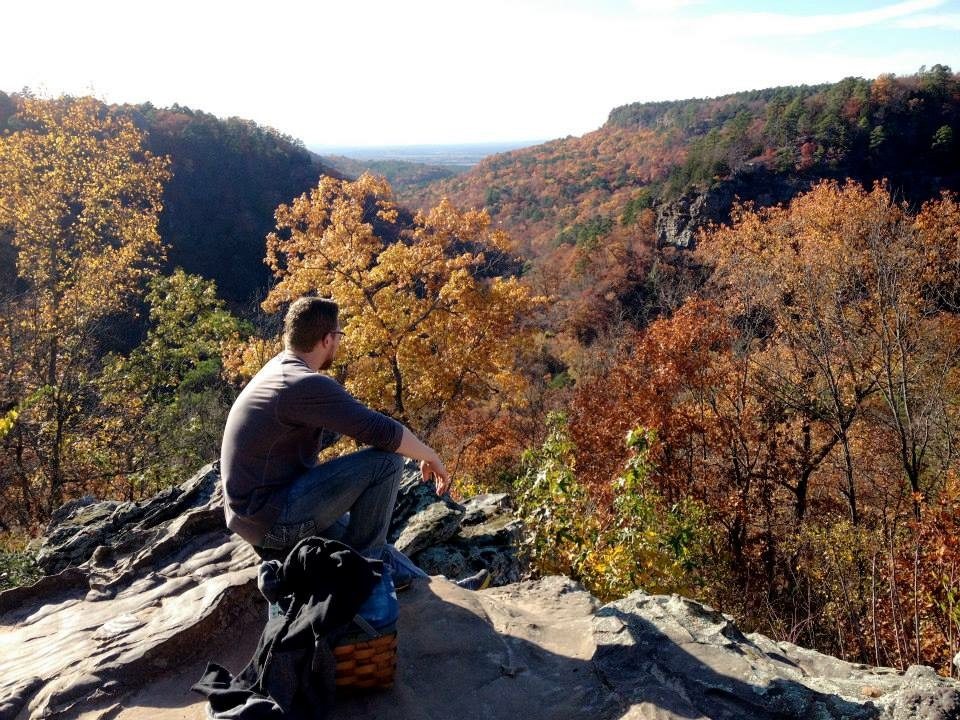
Tell someone where you're going and, if you can, how long you'll be gone. Even though escaping technology is part of the lure of the wilderness, go ahead and slip your cell phone in your backpack. It may not always get service, but if does, it could save your life. Also, be prepared to stay overnight. If you lose the trail, or the trek itself takes longer than you anticipate and you have to set up camp for the night, make sure you have enough water, food and clothing (maybe an extra layer, or a jacket stuffed in your bag) to hold out until first light.
Know your limits and when to test them
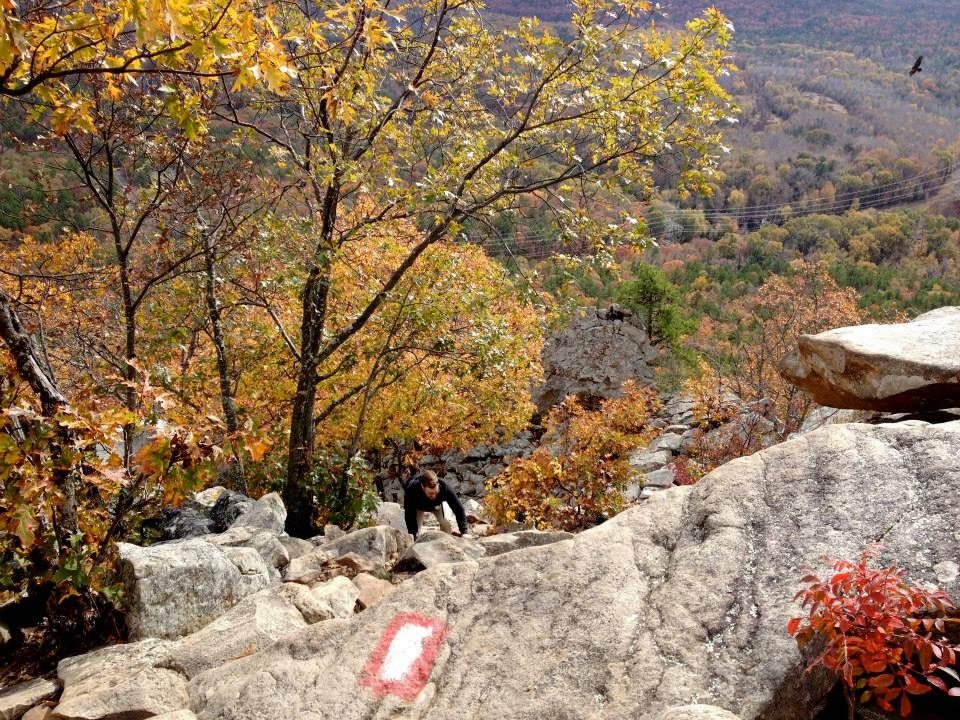
My wife and I have made the summit of some treacherous trails, but we had to work our way up to those. We've also stopped short on plenty of hikes, because we know our limits and when to push them. You have to endure some tough treks if you're going to get better and more experienced. But, that doesn't mean going from a half-mile loop to a 10-mile ascent up a mountain.
NEXT: HIKERS TAKE ON THE WORLD'S MOST DANGEROUS TRAIL
https://rumble.com/embed/u7gve.v3tsmt/
